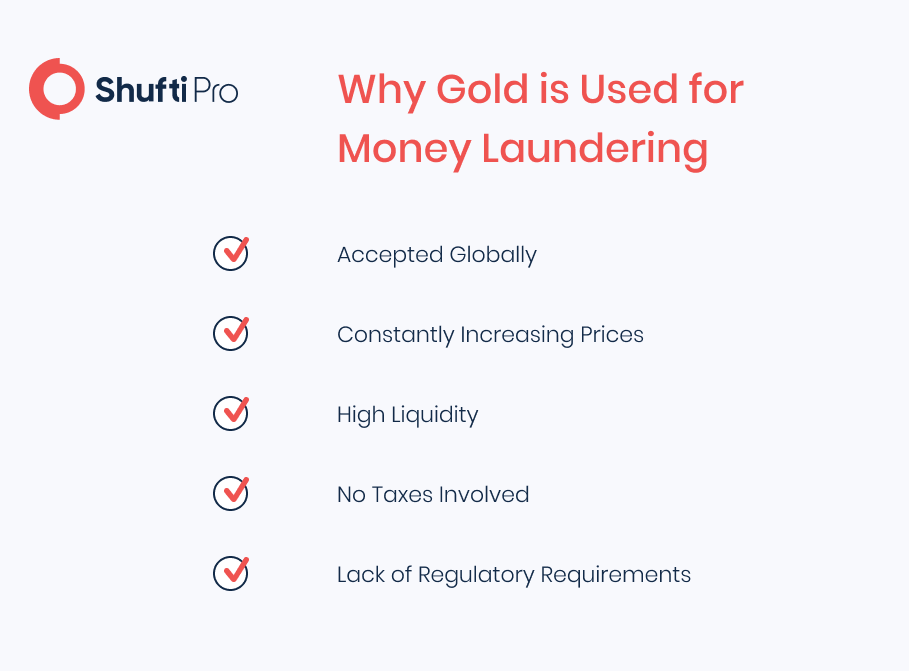Blog
The 5 Pillars of Anti-money Laundering Compliance
Imposters often “launder” money acquired through illegal activities, like drug trafficking, so th...
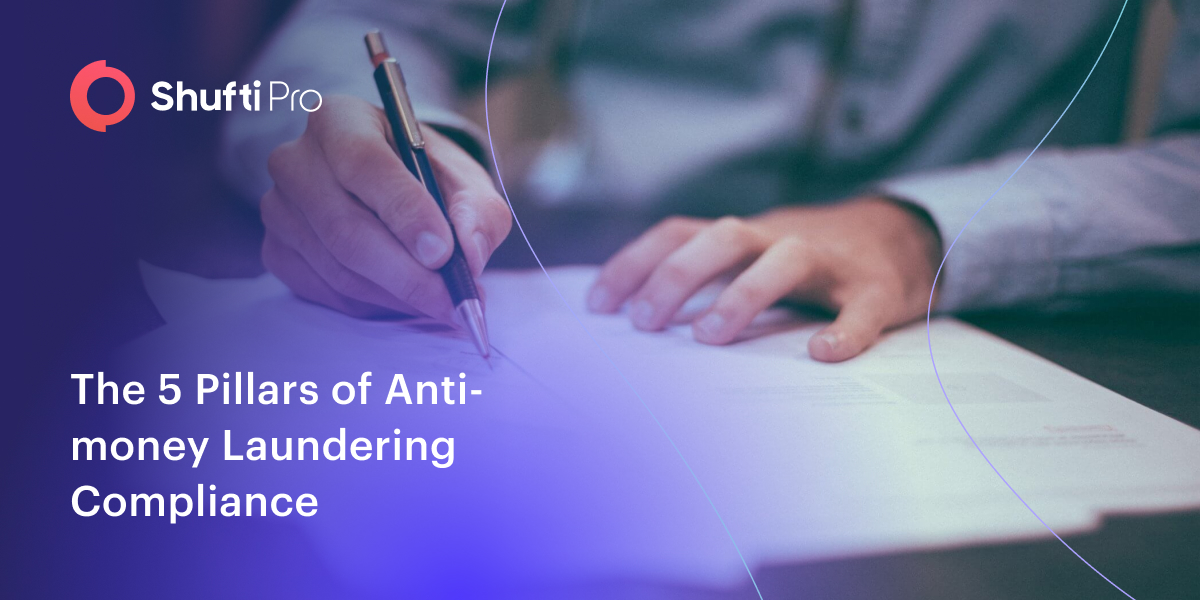 Explore More
Explore More
Blog
Know Your Patient | Secure Patient Onboarding and Preventing Healthcare Fraud
Technology advancement, automation, and digitisation have paved the way for unprecedented growth ...
 Explore More
Explore More
Blog
Lithuania’s AML Regulations – How the EU’s FinTech Hub Prevents Financial Crime
Emerging FinTech firms around the world spend almost one-third of their overall budgets on develo...
 Explore More
Explore More
Blog
Identity Fraud in Coworking Spaces – How Shufti’s Facial Biometric Authentication Helps
With more and more companies embracing remote work, the trend of coworking spaces is picking pace...
 Explore More
Explore More
Blog, Financial Crime / AML, Online Marketplace
Smaller Banks are in dire need of AML Compliance to avoid fines
Smaller banks are being considered an easy target for money laundering activities because of thei...
 Explore More
Explore More
Blog
FinTech and FinCrime – The Global Regulatory Landscape
Also known as financial technology, FinTech is now among the fastest-growing industries. This sec...
 Explore More
Explore More
Blog
Initial Exchange Offerings (IEOs) – A Detailed Insight
The advent of the Crypto industry brought decentralized and innovative fundraising ways. One of t...
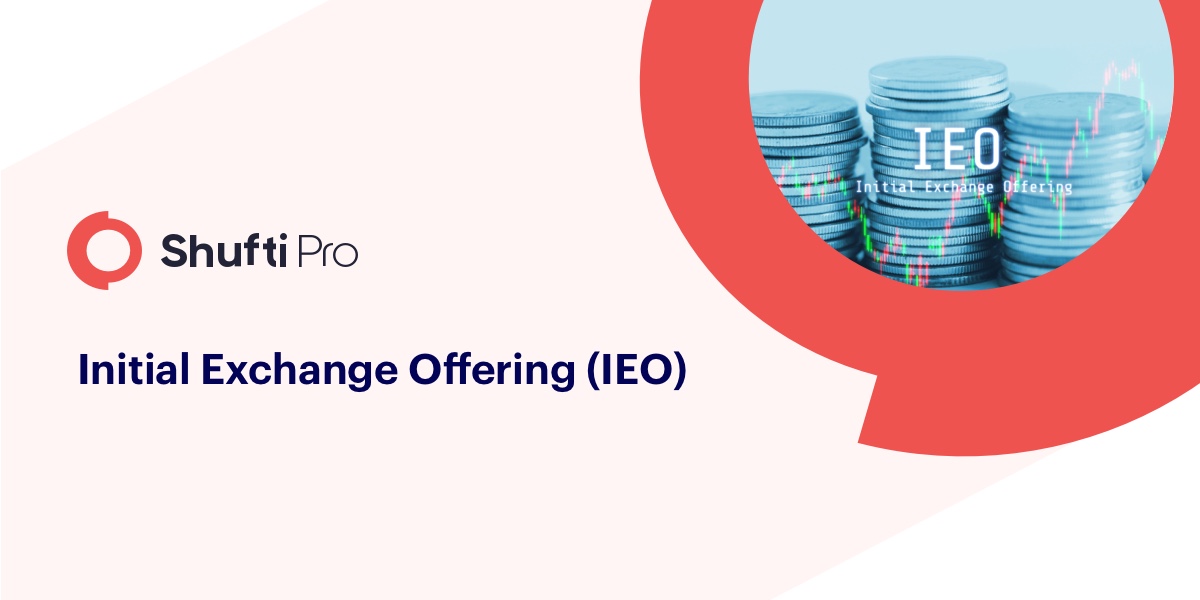 Explore More
Explore More
Blog
Third-party Due Diligence – Red Flags, Regulations and 5 Ways to Enhance It
The majority of businesses depend upon a third-party in one way or the other. Contractors, suppli...
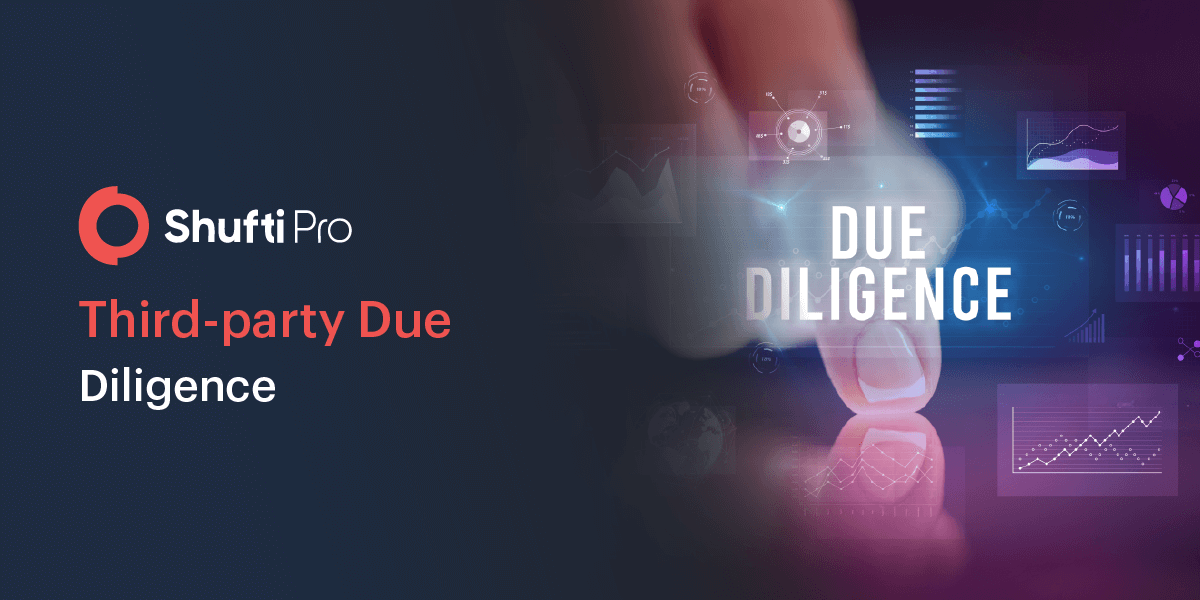 Explore More
Explore More
Blog
Holiday Season – The Time of the Year When Frauds Soar Sky High
Despite being the “most wonderful time of the year”, the holiday season is known to have the high...
 Explore More
Explore More
Blog
The Age Verification Advantage: Speed, Trust, and Privacy
Businesses operating in age-restricted industries like gaming, social media, and alcohol sales na...
 Explore More
Explore More
Blog
Prevailing Crimes in Metaverse – How Shufti’s IDV Solution Can Help
Metaverse is a virtual space where people belonging to the same or different physical regions can...
 Explore More
Explore More
Blog
Travel Industry – Trends, Scams, and a Solution to Combat Fraud
The modern world is filled with surprises for everyone nowadays. Be it individuals or enterprises...
 Explore More
Explore More
Blog
5 reasons why passwords are no more safe – What’s next?
Online platforms are using passwords to secure the privacy and data of their users – but ar...
 Explore More
Explore More
Blog
Uncovering 5 Holiday Season Scams and How to Avoid them this Year
‘Tis the season when the best deals of the year are attracting customers towards online shopping ...
 Explore More
Explore More
Blog
5 Key Questions About KYC Compliance to Look Out for in 2021
With the COVID-19 pandemic bringing challenges every day for businesses, the rate of identity fra...
 Explore More
Explore More
Blog
Money Laundering & Cybercrime on DeFi Platforms – Ensuring KYC/AML Compliance
As a result of rapid digitization and the emergence of decentralized services, the financial mark...
 Explore More
Explore More
Blog
How Shufti’s KYC Solution Can Ensure Compliance For Call Centers Fighting Crime
With emerging technologies and rapid digitization, the world is relying on the web and a variety ...
 Explore More
Explore More
Blog
Identity Document Verification | Revolutionising Customer Onboarding
Companies worldwide are undergoing a radical digital transition to keep up with today’s lig...
 Explore More
Explore More
Blog
New KYC Regime for the UK, US, and Australia – What’s in it for Financial Institutions?
Financial institutions are known for getting their reputation maligned due to crimes like identit...
 Explore More
Explore More
Blog
Enhancing Trust in eCommerce with AI-powered Identity Verification
eCommerce in today’s world involves utilizing evolving technologies to ensure convenience for cus...
 Explore More
Explore More
Blog
Protecting eCommerce Platforms and Mitigating Crime Risks with Shufti’s IDV Solution
The term e-commerce was tossed back in the 1960s, with the rise of electronic commerce in which t...
 Explore More
Explore More
Blog
CCPA Compliance Checklist – Is your business ready?
With the world moving towards digitization, organizations have a customer base from all around th...
 Explore More
Explore More
Blog
New KYC Regime for the UK, US, and Australia – What’s in it for Financial Institutions?
Financial institutions are known for getting their reputation maligned due to crimes like identit...
 Explore More
Explore More
Blog
What To Consider When Implementing Forensic Document Verification Services
As the demand for digital products and services has skyrocketed, so does the need for verificatio...
 Explore More
Explore More
Blog
7 Ways to Protect Business and Remote Staff from Cybercriminals
Businesses are facing ‘new normal’ as the workplace has shifted from offices to homes amid corona...
 Explore More
Explore More
Blog
Know Your Investor | Understanding Which Investors to Onboard
Investor onboarding is regarded as one of the most critical stages of the business’s lifecy...
 Explore More
Explore More
Blog
Anti-Money Laundering (AML) Solution- Eradicating Money laundering and Securing Ride-Hailing Services
Due to the coronavirus global pandemic, the ride-hailing sector continue to grapple. As per new e...
 Explore More
Explore More
Blog
Cross-Border KYC Compliance | Understanding and Overcoming the Challenges
To handle money laundering incidents and rising regulatory pressure, the banking industry benefit...
 Explore More
Explore More
Blog
Know Your Investor (KYI) – Onboarding the Right Investors for Your Business
In today’s tech-driven world, financial operations are being transformed by emerging digital solu...
 Explore More
Explore More
Blog, Financial Crime / AML
AUSTRAC tightens regulations for enhanced AML Compliance
Australian regulator AUSTRAC has imposed a multi million dollar fine on Commonwealth Bank of Aust...
 Explore More
Explore More
Blog
KYC Isn’t Enough: Get Ready for the Future of Verification
Over the past few years, companies have been looking for more sophisticated identity verification...
 Explore More
Explore More
Blog
Digital Currency – Replacing Fiat Money in the Modern World
Technological advancements are leading to better transaction systems in different states. Cryptoc...
 Explore More
Explore More
Blog
AML Compliance and Digital Banks – Understanding the Evolving Regulatory Landscape
The emergence of new technologies in FinTech, increasing use of digital currencies, and alternati...
 Explore More
Explore More
Blog
The Shufti Difference: Speed, Security, and Fairness Without Compromise
With over 100 fraud and identity companies operating worldwide, you might assume that something l...
 Explore More
Explore More
Blog
Facial Recognition in UAE to Protect Private and Government Sector
Continuous developments in the world of technology have led to many innovative solutions like fac...
 Explore More
Explore More
Blog, Identity & KYC
Geolocation Technology and its benefits for KYC Verification
KYC verification has come a long way from simply authenticating the official identity documents o...
 Explore More
Explore More
Blog
5 types of identity theft fraud and How businesses can prevent it?
Online identity theft has the fastest growing crime rate in the world. According to a report, onl...
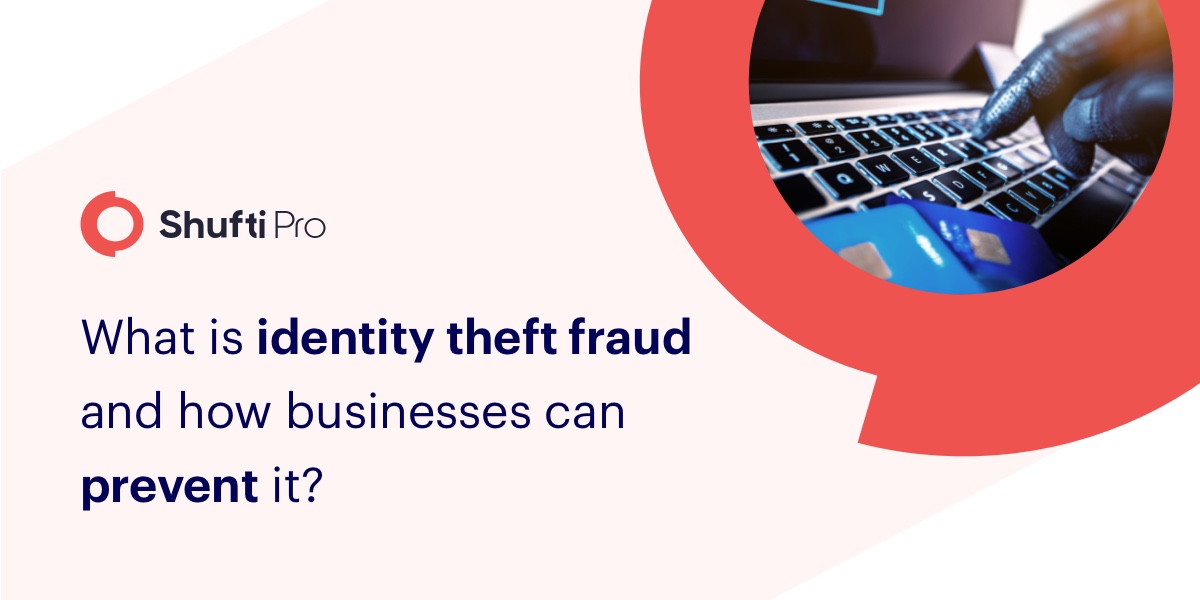 Explore More
Explore More
Blog
Digital ID Verification – Why is it Critical for Customer Experience?
Last year was all about lockdown and pandemic disrupting business operations to the very core. Th...
 Explore More
Explore More
Blog
COVID Passports – Bringing Convenience to the Travel & Tourism Sector
“Sorry, the earth is closed today.”
Tony Stark’s sarcastic dialogue became the worst possible re...
 Explore More
Explore More
Blog
Age Verification: Use Cases, Significance and Regulations
This pillar post talks about the significance of digital age verification, how it works, what are...
 Explore More
Explore More
Blog
Age Verification: Data Privacy and User Protection
In recent years, there’s been a lot of speculation surrounding the issue of whether or not ...
 Explore More
Explore More
Blog
Holiday Season – The Time of the Year When Frauds Soar Sky High
Despite being the “most wonderful time of the year”, the holiday season is known to have the high...
 Explore More
Explore More
Blog
KYC Regulations Across the Globe | An Updated Guide 2023
The global financial industry finds it hard to meet compliance and secure sensitive cus...
 Explore More
Explore More
Blog
Know Your Business (KYB) | Ensuring Financial Security
The Know Your Business solution standard verifies a company’s legal standing and confirms i...
 Explore More
Explore More
Blog
What is Biometric Consent Authentication?
Biometric Consent Authentication is a modernistic approach to counter the increasing number of id...
 Explore More
Explore More
Biometric Technology, Blog, Business Technology
Speed Up customer Onboarding with Online Facial Recognition
Banks are spending loads to digitize their operations. The competition is mounting, plus, people ...
 Explore More
Explore More
Blog
5 Benefits of Optical Character Recognition in the Classroom
Optical Character Recognition (OCR) goes beyond just processing documents and boosting businesses...
 Explore More
Explore More
Blog, Reg Tech
How Identity Verification Services make Regulatory Compliance Easier?
Financial institutions and banks have ended up in a loop of dumping billions of dollars because o...
 Explore More
Explore More
Blog
EDD: Safeguarding Business Interests with Comprehensive Risk Mitigation
Traditional due diligence practices may not provide sufficient insights into higher-risk business...
 Explore More
Explore More
Blog
How Shufti Ensures Gaming Regulatory Compliance with AML Screening for Online Gaming Platforms
The online gaming sector has revolutionized altogether along with emerging technologies. With adv...
 Explore More
Explore More
Blog
Keeping AI Bias Out of the IDV Game with Shufti
Consider this: 85% of financial institutions today use some form of AI in their products. The tec...
 Explore More
Explore More
Blog
Complete Guide to KYC Compliance Regulations in 2025
Introduction
KYC obligations are no longer just a banking headache. In 2025, crypto exchanges, on...
 Explore More
Explore More
Blog
Elevating Payment Security: The Crucial Role of Biometric Authentication
There has been a considerable rise in digital payment methods in recent years. People now prefer ...
 Explore More
Explore More
Blog, Identity & KYC
Facial Recognition Technology – Behind The Curtains
Business competition has made security technology critical. There are many innovative security te...
 Explore More
Explore More
Blog
How Optical Character Recognition Improves the Process of Identity Verification for Businesses
Evolving technologies have created a competitive market where every business strives to optimize ...
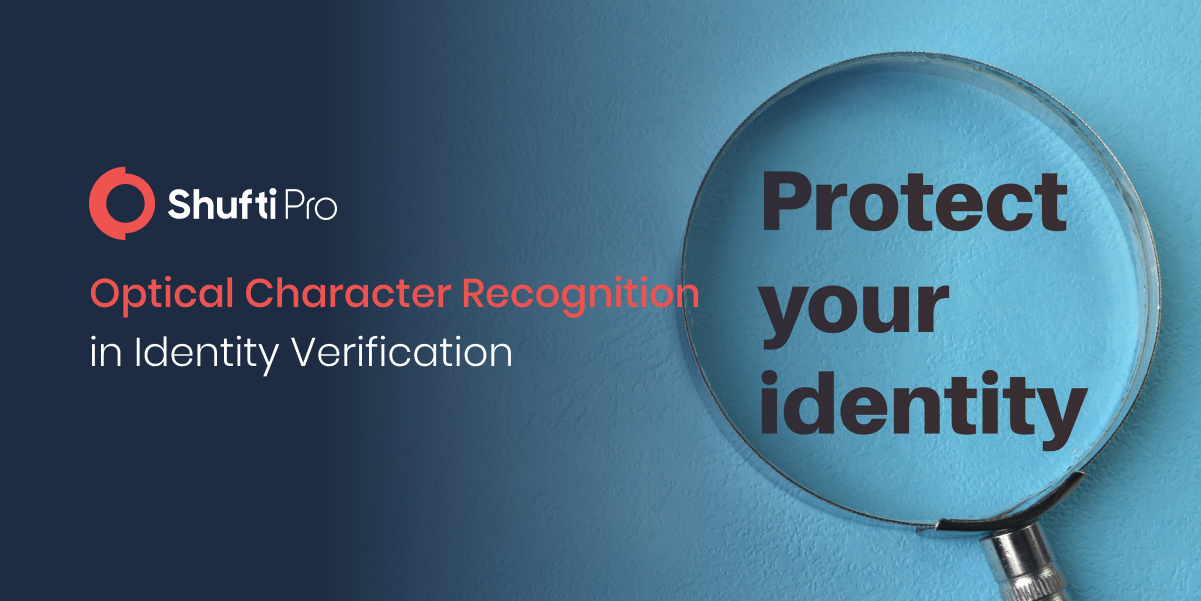 Explore More
Explore More
Blog
Digital Identity checks for secure and swift customer onboarding
The digital transformation of businesses continues apace, driven in part by regulations that mand...
 Explore More
Explore More
Blog
Build Trust and Secure Online Dating Platforms with Identity Verification Solutions
Online dating scams, such as the one filmed in the recent Netflix Original documentary “ The Tind...
 Explore More
Explore More
Blog
4 Ways How Technology Can Simplify KYC and AML Workflow Management
While the terms AML and KYC are used interchangeably, there is a huge difference between the two....
 Explore More
Explore More
Blog
e-IDV | Enhancing Fintech Onboarding, Operations & Compliance
Fintech is unprecedentedly growing and changing as it responds to the always-changing tech landsc...
 Explore More
Explore More
Blog
5 RegTech Applications That Will Govern the Financial Regime in 2021
RegTech, short for Regulatory Technology, is the subset of FinTech which bridges the gap between ...
 Explore More
Explore More
Blog
July 2023 Recap: Major Compliance Events and How AML Verification Can Help
Anti-Money Laundering (AML) violations pose a substantial and concerning threat to the reliabilit...
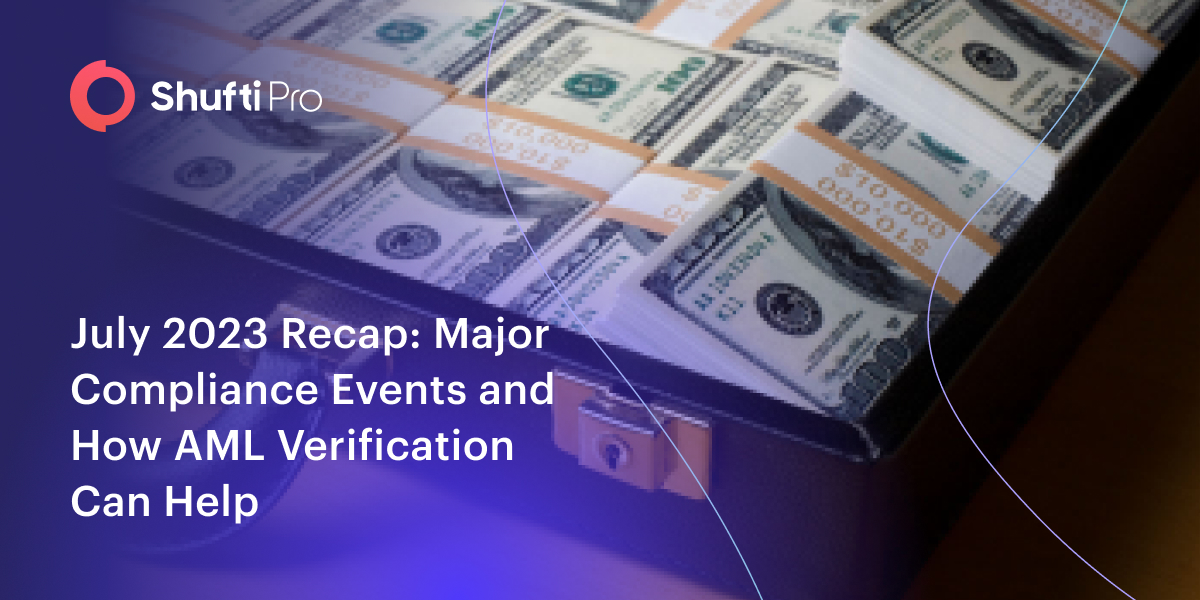 Explore More
Explore More
Blog
COVID-19: An opportunity for financial sector to expand digital transformation
A sudden epidemic swept across the world, and it had an impact on our lives, work, and even the p...
 Explore More
Explore More
Blog, Online Marketplace
Know Your Customer Verification for Charity Organisations
They say no good deed goes unpunished, if we were to take a look at it literally the frauds that ...
 Explore More
Explore More
Blog
Face Spoofing & Liveness Bypass: The Real Threat to Facial Recognition
With the introduction of facial recognition, authentication has never been faster or more conveni...
 Explore More
Explore More
Blog
KYC Verification – Defeating Anonymity on Social Media Platforms
In the introductory phase, social media platforms were merely a small part of the internet where ...
 Explore More
Explore More
Blog
Build Trust and Secure Online Dating Platforms with Identity Verification Solutions
Online dating scams, such as the one filmed in the recent Netflix Original documentary “ The Tind...
 Explore More
Explore More
Blog
KYC Regulations Across the Globe | An Updated Guide 2023
The global financial industry finds it hard to meet compliance and secure sensitive cus...
 Explore More
Explore More
Blog
The Most Common Use Cases of Identity Document Verification
As data breaches and other crimes increase, regulators must impose strict rules that corporations...
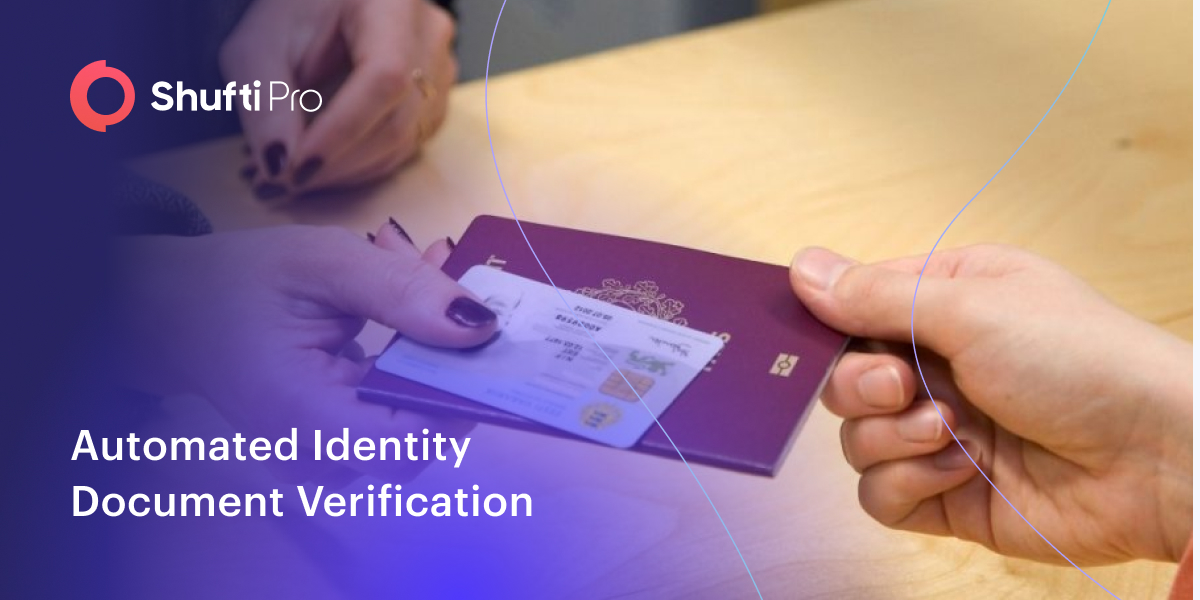 Explore More
Explore More
Blog
Top 5 Reasons to Incorporate Identity Verification into Your Hiring Process
From widespread layoffs to the urgency of hiring as soon as possible, the job market has drastica...
 Explore More
Explore More
Blog
Top 5 Challenges in Online Identity Verification
The online ecosystem of identity management is more dynamic than ever before. It’s a flexible and...
 Explore More
Explore More
Blog
Top 5 Countries Impacted by Money Laundering – How Shufti Helps Mitigate the Risks
Today, money laundering has permeated almost every regulated market and has become the most occur...
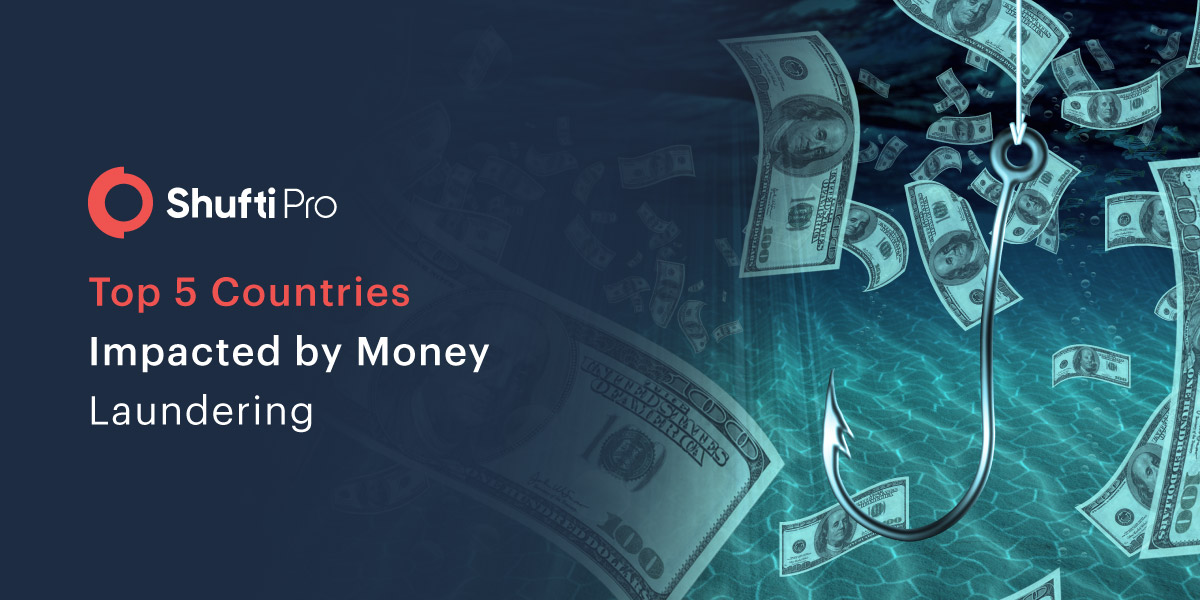 Explore More
Explore More
Blog
AML Solutions: Eliminating the Risks of Money Laundering
Money laundering is a serious crime that can have serious and long-term consequences for your bus...
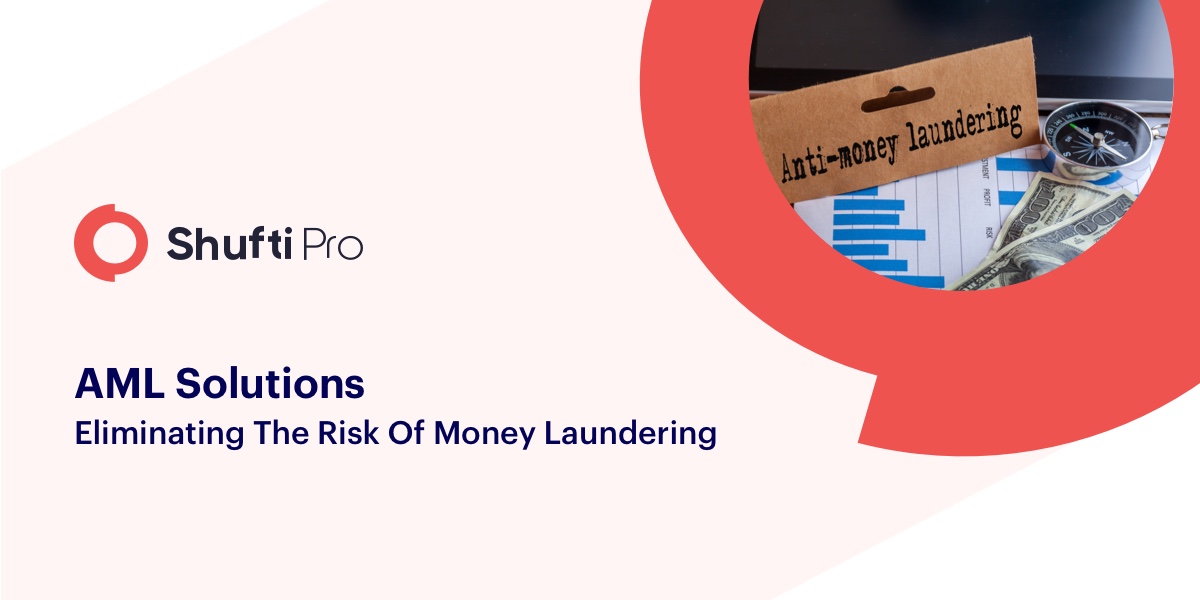 Explore More
Explore More

